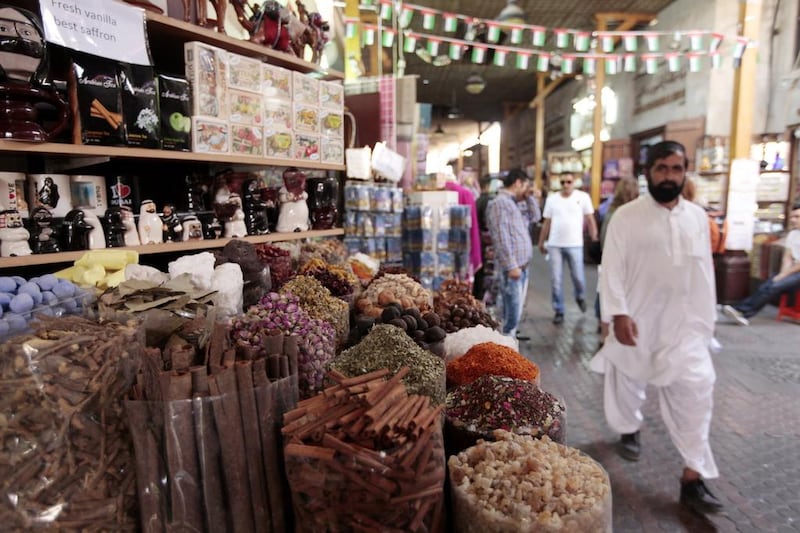Many wrongly assume that haggling is a practice we should only adopt in a souq, at the local tailor or during our travels.
But during my 12 years in the UAE I have learnt there is always an opportunity to negotiate a better price, whether you are in the mall, at the medical centre or even at the exchange house.
I recently sent a large sum through an exchange house and asked the cashier for his best rate for Dh1,000, then for Dh5,000 and so on until I arrived at the amount I was actually going to send. The cashier duly improved the offering each time.
The most recent experience came while having my car serviced. I’d left it a little longer than my usual 10,000-kilometre service period – eight months and 14,000km to be exact. It was just one of those things I didn’t get around to. So when the garage called me to say “we haven’t seen you since last July”, I booked an appointment.
A couple of days later I drove into the forecourt and a guy with the clipboard sat in the car and did all the usual checks.
It was the major 100,000km service, so I knew it was going to be on the pricey side – the words ‘spark plugs’ were mentioned and the driver’s window wasn’t opening.
He turned the car on, jotted down a few prices and then came back with a Dh3,500 figure.
I told him I didn’t like that price.
“OK,” he said. “Well we don’t have to do the AC check (which took off a few hundred dirhams).”
I pulled an unhappy face. “But,” he quickly added, “there will be a better price after the discount.”
I told him I liked the word “discount” and trotted off to the nearest taxi.
The next day he called me. The news wasn’t good. Various brake parts needed urgent replacing (he used the word safety a lot) and the electric motor to power that faulty window was going to cost Dh1,300.
“So how much in total?” I asked.
The bill was going to come in around Dh9,000 plus. I winced.
“I don’t like that price,” I told him again. “What can we take off?”
Various non-key items were duly removed and I was left with a prospective bill of around Dh8,000, which included the faulty window motor (not a necessary fix but it’s annoying not being able to open the window).
A couple of days later the car was ready.
At the garage, the server (different to the one with the clipboard) tapped into his computer; I felt my bank balance quiver.
“How much for the final bill,” I asked.
“Dh7,800,” he said. Did that include the alleged discount, I wondered?
“The other guy said he could get me a better price,” I said, pulling that face again.
There was a lot of paper shuffling; a calculator was produced and various sums jotted down.
“After the discount, it comes in at Dh6,300,” he said.
I paid up but it soon struck me that if I hadn’t asked, I would never have got that price, which was Dh1,500 less than the original “final bill”.
A couple of weeks later I applied the same thinking to a prescription bill. Medical insurance often only ever covers certain drugs or a certain percentage of the drug costs.
“This isn’t covered,” the pharmacist said, pointing to a large box of tablets.
I looked at the price of the drug I was only going to need for five days – Dh175.
“Ouch,” I said, pulling the unhappy expression once more.
“Oh, I also have this box with only 10 in rather than the 40 there,” he quickly interjected.
“That’ll do just fine,” I replied.
arayer@thenational.ae
Follow us on Twitter @TheNationalPF







